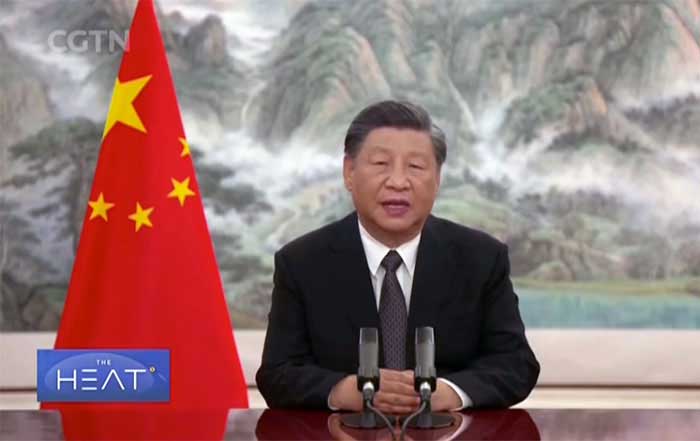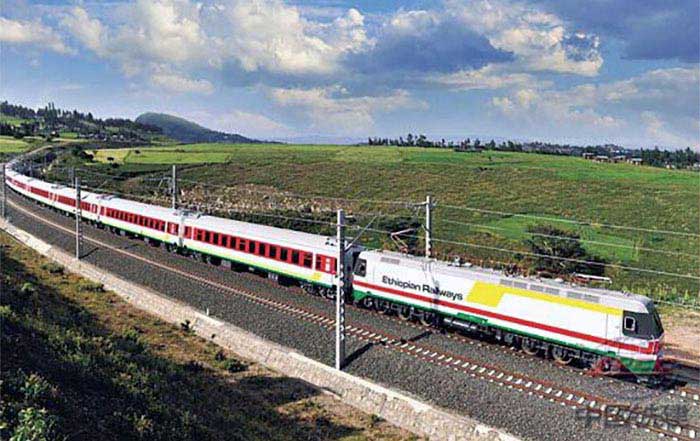Against the backdrop of sustained improvement in controlling the pandemic and the orderly recovery of tourism, the Overseas Chinese Town Group (OCT Group), one of China's culture and tourism organizations, launched its annual culture and tourism festival on June 24th.
A large panoramic and ecological cultural tourism festival created by OCT Group and the first such event spanning several months founded by a single organization, with a vast lineup of scheduled activities taking place in multiple locations, the OCT Culture and Tourism Festival, now in its fifth year, has become a landmark event in China's cultural and tourism market.
This year's festival will have events throughout the summer and autumn in more than 100 Chinese cities and towns on the premise of the continued effectiveness of current pandemic prevention and control measures. A total of 300+ themed events will take place throughout the festival, and more than 1,000 products will be available for sale at favorable prices.
Interest in cultural events and tourism is expected to grow during the summer period. A mix of rural, urban and patriotism-themed events as well as ones that highlight China's intangible cultural heritage have been scheduled to take place at theme parks, scenic spots, entertainment complexes, resorts and hotels operated by OCT Group. A lineup of comprehensive and customized tourism packages including food, accommodation, travel, shopping and entertainment will be on offer to meet the diversified preferences of visitors. The wide range of musical, cultural, culinary and fashion choices assures that the preferences of all visitors will be met.
Huacheng Tourism, a compressive tourism E-commerce platform owned by OCT Group, has planned to release several travel products and packages with various discounts. It will also upgrade and roll out the OCT Membership Mini-Program available on WeChat, which allows visitors to redeem points for obtaining exclusive privileges, as well as gain access to discounts on tickets to cultural events and creative peripheral products.
In a move to revive enthusiasm for travel following the outbreak of the COVID-19 pandemic in 2020, OCT Group has leveraged the festival to create new demand with innovation-driven products and services. The group has partnered with businesses and organizations across the entire tourism industry chain in a move to support the resumption of production and the return to work. OCT Group's efforts have done much to boost confidence in the sector and help in the recovery of the tourism market. More than 2,300 cultural and tourism products and 900 themed events were rolled out during the 2020 and 2021 festivals, drawing 85 million visitors.
First launched in 2018, the festivals have been crucial in maintaining the tourism sector during the worst of the pandemic as well as in reviving the sector as we move beyond it. OCT Group has been a critically important player in carrying out the social and economic responsibilities of cultural and tourism organizations by continuously strengthening the supply of quality products, creating festival events that meet the changing expectations of attendees, and generally taking actions that increase the enjoyment experienced by all visitors to the extraordinary lineup of events.




